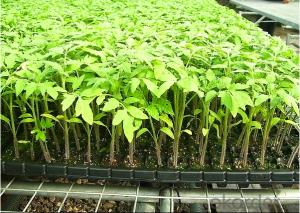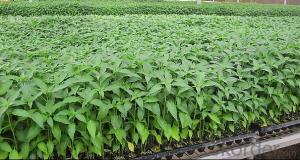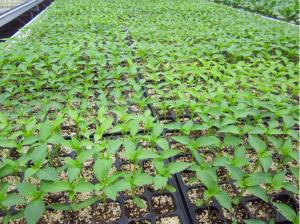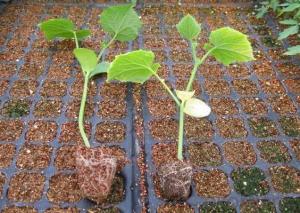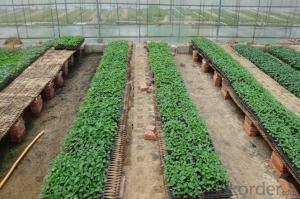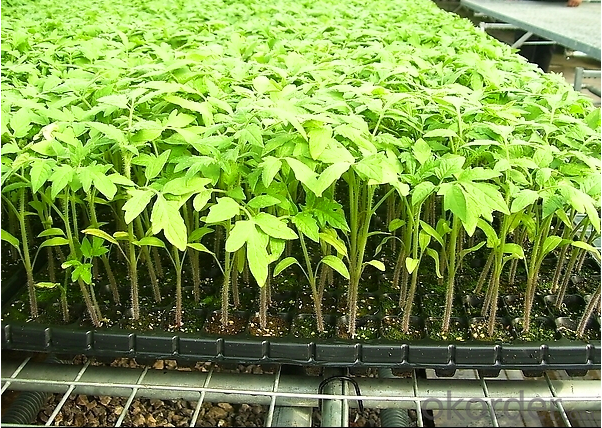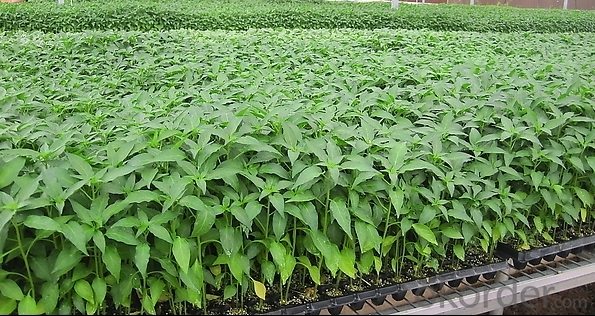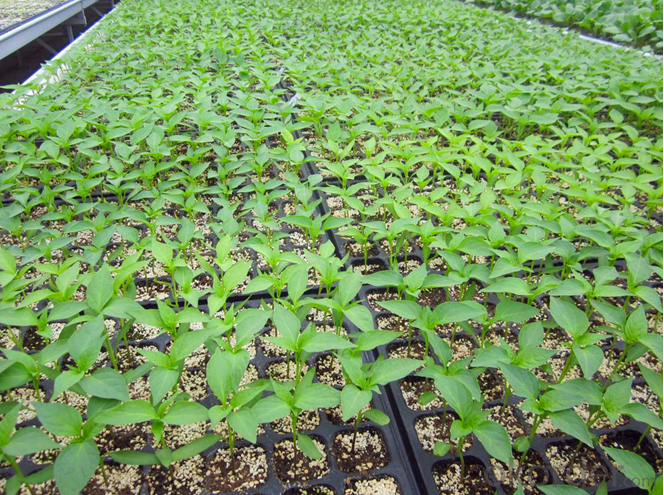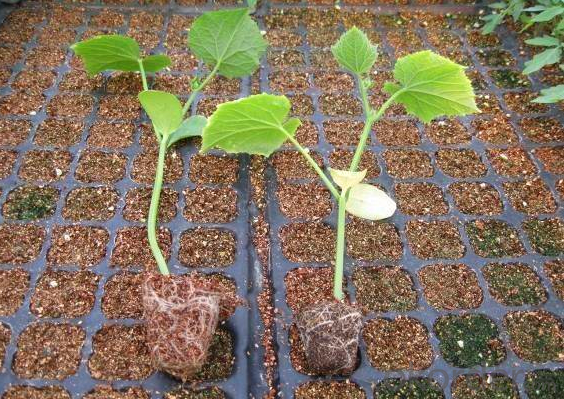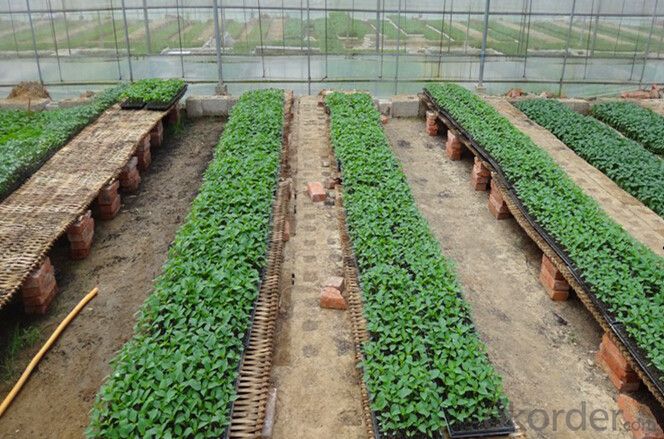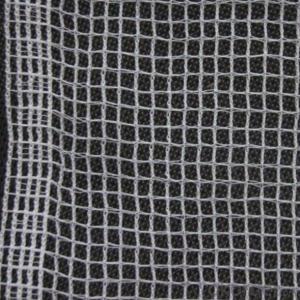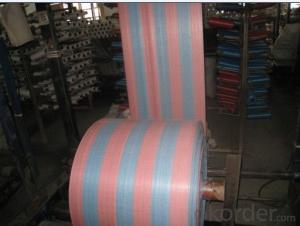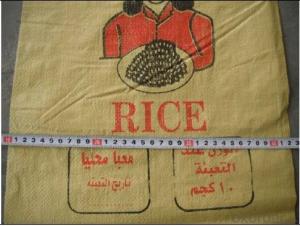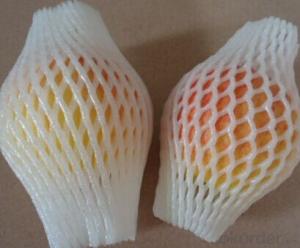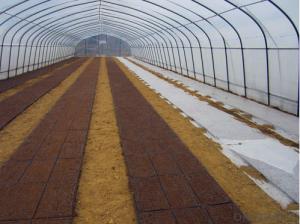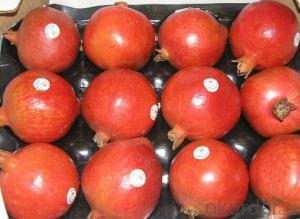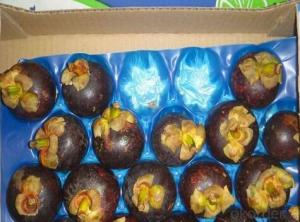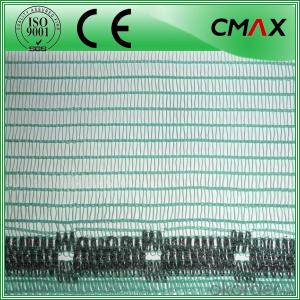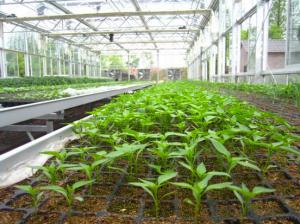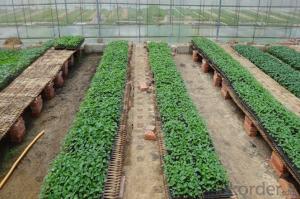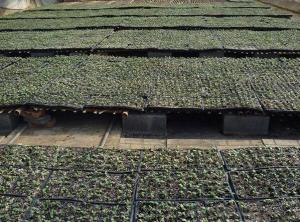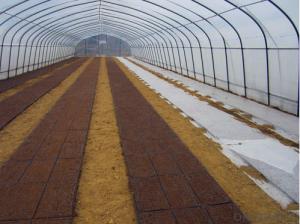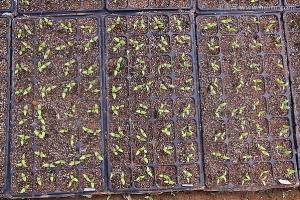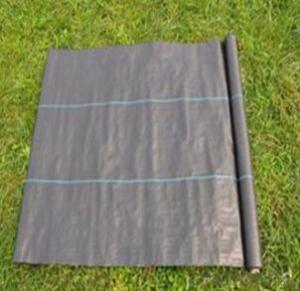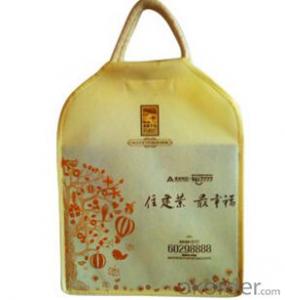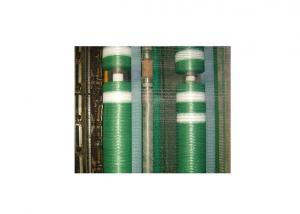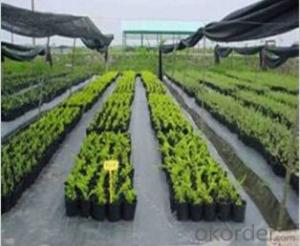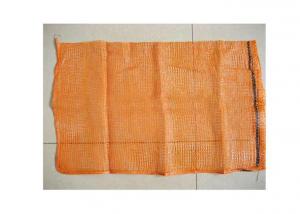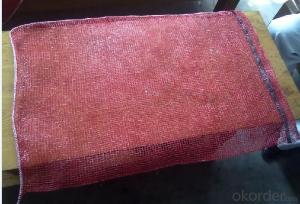128 Holes Poly Styrene Plug Tray for Nursery
- Loading Port:
- China main port
- Payment Terms:
- TT OR LC
- Min Order Qty:
- 3000 pc
- Supply Capability:
- 2000000 pc/month
OKorder Service Pledge
OKorder Financial Service
You Might Also Like
Specification of Plug Trays HIPS Made Plastic Plug Tray for Greenhouse (Growing and Seedling):
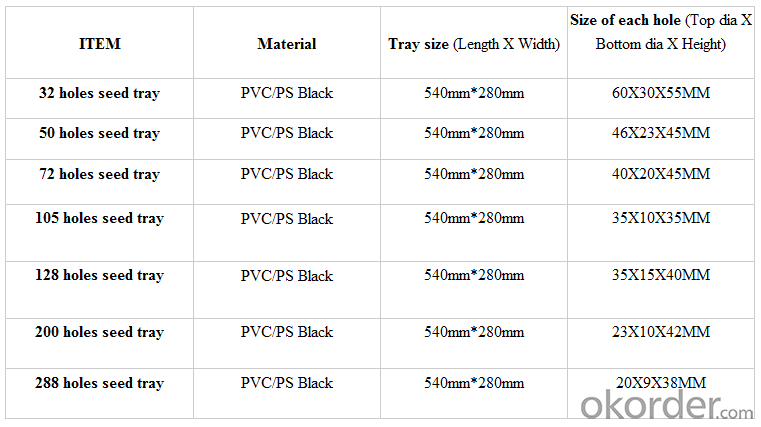
Features of Plug Trays HIPS Made Plastic Plug Tray for Greenhouse (Growing and Seedling):
· Material: HIPS
· Thickness: 0.5mm-1.5mm, Standard:1mm
· Weight: 80g(±5)g-230g(±5)g, Standard weight:155g(±5)g
· Size: length:490mm-540mm, width:190mm-345mm,depth:25mm-150mm
· Standard:540mmX280mm
· Cell count: 18-512
· Package: In Carton
· Warrenty: 8-10 times
Packaging & Delivery
Packing Detail: export standard carton or large bags
Delivery time: 4 million per momth after receipt of deposit
Advantage:
Waterproof, UV-resistant, extrusion-resistant
Easy carry for young seeding plant and grow
Service:
1. Quick, efficient and professional response within 24 hours, 14 hours online services
2. 10 years manufacturing and exporting experience in agriculture field.
3. Technical support and solution by chief engineer.
4. Strict quality control system & team, high reputation in the market.
5. Full range of irrigation products for choice
6. OEM/ODM services
7. Accept sample order before Mass Order
Picture of Plug Trays HIPS Made Plastic Plug Tray for Greenhouse (Growing and Seedling):
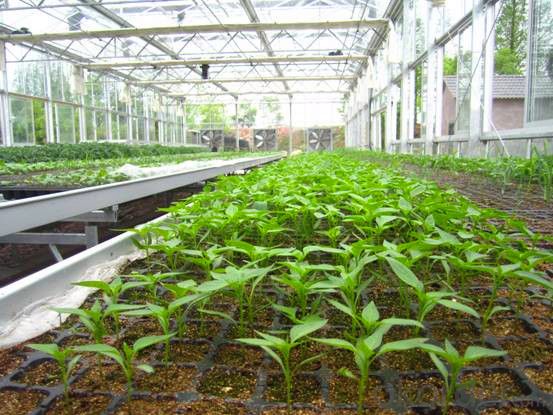
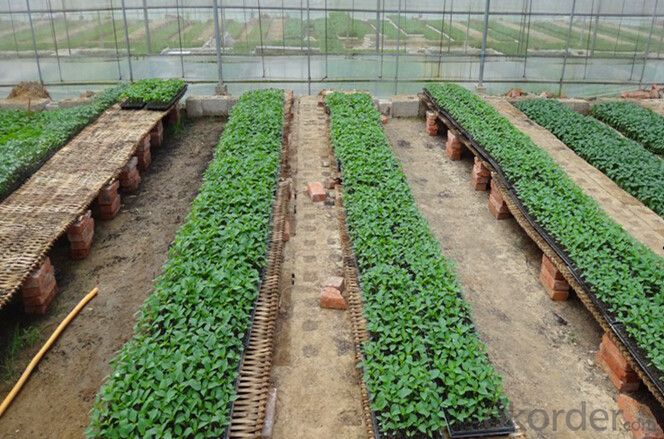
FAQ of Plug Trays HIPS Made Plastic Plug Tray for Greenhouse (Growing and Seedling):
Q: 1.How long is the production time?
A: Usually one to two weeks.
Q: 2.How is the seed tray being packaged?
A: They can be packaged in carton or pallets. Carton size is 1375px*725px*1250px.
Q:3.How many times can the seed tray be used?
A: Under the same environment, it is decided by the thickness. Usually 0.6mm thickness can be used for 1 or 2 times.
1.0 thickness can be used for 3-4 times. 1.5 thickness can be used for 8-10 times.
- Q: Why is ground cover important in landscaping?
- Ground cover is important in landscaping for several reasons. Firstly, it helps to prevent soil erosion by holding the soil in place and reducing the impact of heavy rain or wind. Additionally, ground cover plants provide a protective layer that helps to retain moisture in the soil, reducing the need for frequent watering. Ground cover also helps to suppress the growth of weeds, minimizing the competition for nutrients and ensuring a healthier garden. Furthermore, ground cover plants act as a natural mulch, moderating soil temperature and reducing evaporation. Overall, ground cover plays a crucial role in maintaining the health and stability of the landscape.
- Q: Hey when you buy a new game for like xbox 360 what is the plastic name that is surrounding the game?
- If it's the film, it's most likely shrink wrap made from polyolefin or PVC (polyvinyl chloride).
- Q: Are nursery trays suitable for water lilies?
- No, nursery trays are not suitable for water lilies as they require a larger and deeper container to grow properly.
- Q: Can agricultural plastic products be used for snail and slug control?
- Yes, agricultural plastic products can be used for snail and slug control. Plastic mulch, for example, can create a barrier that prevents snails and slugs from accessing plants, reducing their damage. Additionally, plastic traps can be used to attract and capture these pests. However, it is important to note that while plastic can be effective, it is not the only solution and should be used in conjunction with other integrated pest management techniques for optimal control.
- Q: How do agricultural plastic products help with fruit transportation?
- Agricultural plastic products help with fruit transportation by providing protective packaging that prevents damage during handling and shipping. They also help to prolong the shelf life of fruits by creating a controlled environment, minimizing exposure to external elements such as moisture and temperature fluctuations. Additionally, plastic crates and containers offer stackability and ease of handling, making it more efficient to load, unload, and transport fruits in bulk quantities.
- Q: Is it possible to reuse plastic bags that have been used for packaging agricultural crops?
- <p>Reusing agricultural plastic bags after they have been used for packaging crops is generally not recommended due to potential contamination and hygiene concerns. Used bags may contain residues of soil, pesticides, or crop debris, which can introduce pathogens or contaminants to subsequent uses. Additionally, the bags may be damaged or weakened from the initial use, making them less effective for reuse. It is advisable to use new, clean bags for each crop to ensure the safety and quality of the produce.</p>
- Q: What are the possible alternatives to traditional materials used for water storage in agricultural bags?
- <p>Yes, there are several alternative materials for water storage bags in agriculture. These include high-density polyethylene (HDPE), which is durable and UV-resistant. Polyvinyl chloride (PVC) is another option, known for its strength and flexibility. Additionally, silicone-coated fabrics offer a flexible and lightweight alternative. Recycled materials or bio-based plastics are also being explored for their environmental benefits. Each material has its advantages and is chosen based on factors such as cost, durability, and environmental impact.</p>
- Q: How do I prevent ground cover from smothering other plants?
- One effective method to prevent ground cover from smothering other plants is by regular maintenance and proper spacing. Trim and prune the ground cover regularly to control its growth and prevent it from overshadowing nearby plants. Additionally, ensure that you leave enough space between the ground cover and other plants so that they have room to grow and receive adequate sunlight and nutrients.
- Q: Are nursery trays suitable for growing groundcovers?
- Yes, nursery trays are suitable for growing groundcovers. They provide a convenient and efficient way to propagate and grow groundcovers, allowing for easy transplanting and uniform spacing. The trays also help in preventing weed growth and protecting the young plants from harsh weather conditions.
- Q: Are nursery trays suitable for growing cacti?
- Yes, nursery trays can be suitable for growing cacti. Cacti have shallow root systems and do not require deep pots, so nursery trays can provide enough space for their roots to grow. Additionally, nursery trays often have good drainage, which is crucial for cacti as they are susceptible to root rot. However, it is important to choose trays that are not too deep and have proper drainage holes to prevent waterlogging.
Send your message to us
128 Holes Poly Styrene Plug Tray for Nursery
- Loading Port:
- China main port
- Payment Terms:
- TT OR LC
- Min Order Qty:
- 3000 pc
- Supply Capability:
- 2000000 pc/month
OKorder Service Pledge
OKorder Financial Service
Similar products
Hot products
Hot Searches
Related keywords
